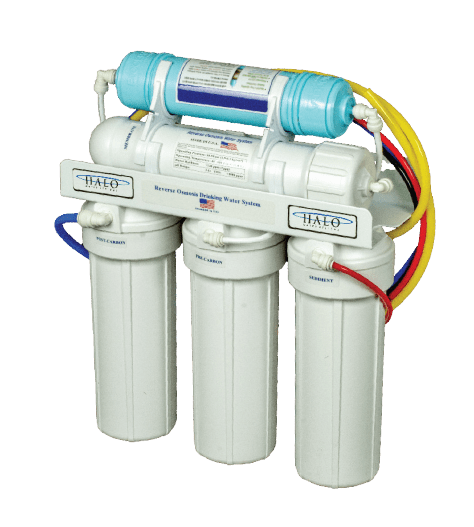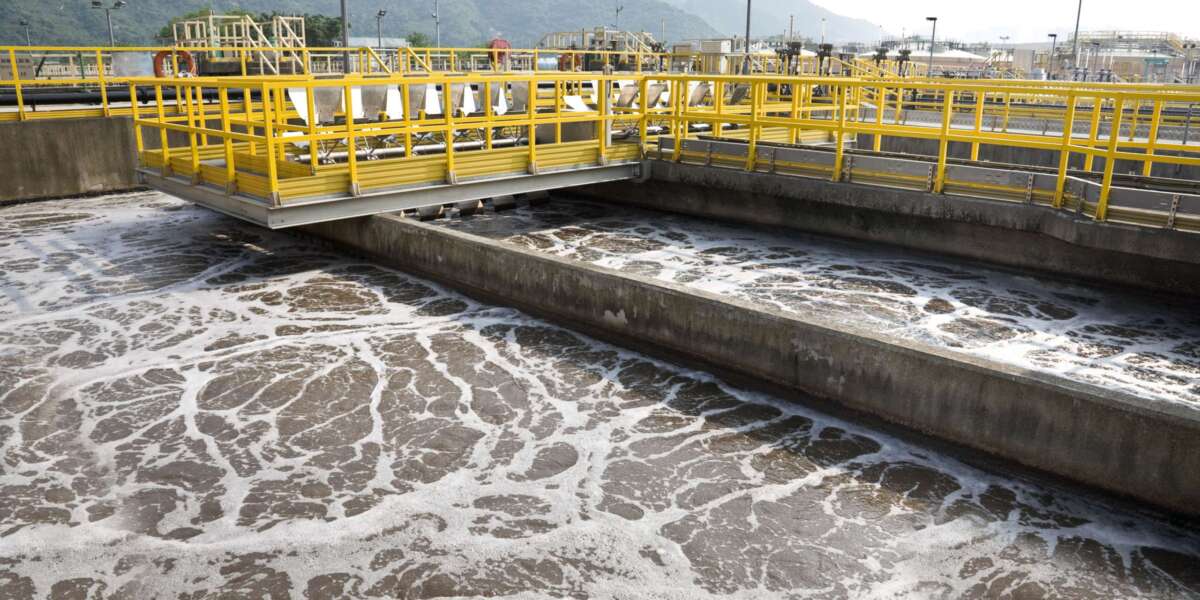Does your Orlando Water Smell Bad?
If you live in Orlando or any of the cities like Sanford , Lake Mary , Debary ,Deland , …etc, you have probably experienced a bad smell in the water pumped to your house. This is a strong, pungent smell, which can be very unpleasant.
As much as it rains in Florida, rainwater seeps through the wild and ambles vegetation and leaves, naturally picking up the organic residue. After rain soaks into the aquifer, the organic compounds convert to sulfur. The sulfur is what gives the water its nasty smell compared to rotten eggs.
Not only does sulfur smell, but it also weakens chlorine, commonly used to disinfect utility water. So what can you do to cut down on Orlando’s water bad smell?
What can be the source of the odor?
Most of the residents in central Florida get their water either through city water or Well water; each one can have a different reason for the bad smell.
If You are using City water, for example, the odor can be either from excess chlorine level, which will not only have a strong smell but also affect the taste of your water or cold and hot drinks.
The absence of chlorine also in city water indicates that you have a dead end or your network is in an area with low demand, and the chlorine is consumed; then the water will be stagnant and generate a bad Rotton egg smell.
Sometimes the network can be compromised by sudden pipe breakage.
While if you are using private Well Water, the source can be sulfur from groundwater or iron bacteria development in your well.

If you have a Water Odor problem? , Bring it to us we will defiantly be happy to help.
What Can You Do?
1) Test Your Water!
The first step when dealing with an odor problem with your water supply is to determine the source.
If a public water system is the primary source of your home’s water, and you have issues with smells with cold water, call us today we will do free water testing for chlorine and Hardness.
If the source is from a Deep Well, a general mineral water analysis is paramount for selecting the right system to treat the problem.
You may need to arrange with a local lab to conduct the water test should include analysis for pH, iron, manganese, hardness, and total dissolved solids at a minimum. We also recommend testing for sulfate, hydrogen sulfide, and tannin. Take the sample as close to the well as possible. With these results, you can identify the best type of water treatment to use and what type of system to select based on the chemistry of your water.
For the health and safety of your family, well water should be tested for total coliform and e-Coli (fecal coliform). In addition, if infants and children are drinking the water, a general mineral, metals, and bacteriological test should take place. These tests are usually between $50-100 dollars and should be done once a year.
2) Consult a water treatment specialist near you
Bring your water analysis results to a water treatment specialist near you so that they can analyze the results and offer a suitable system to treat and remove the odor.
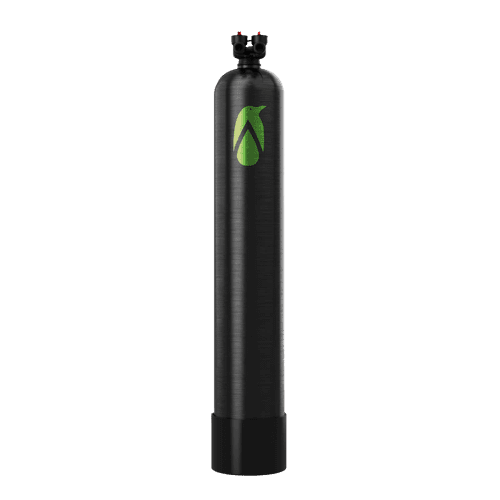
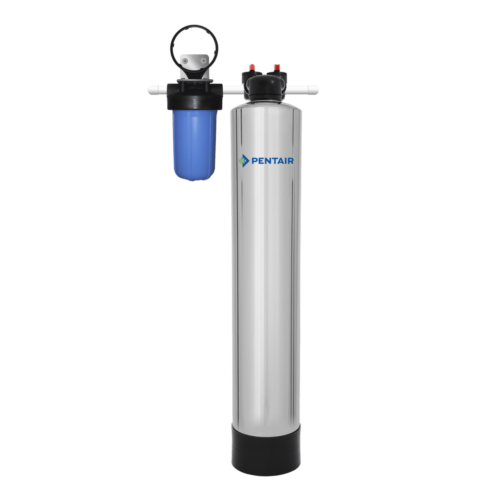
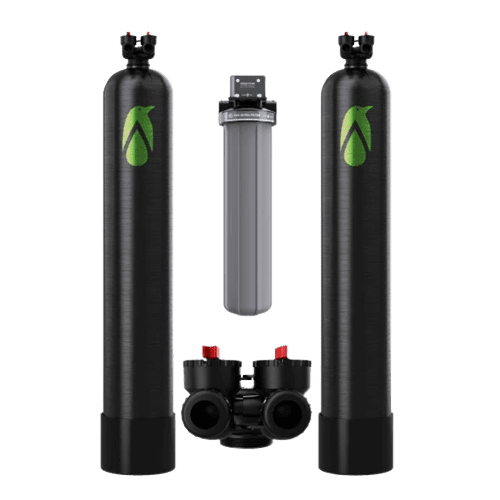
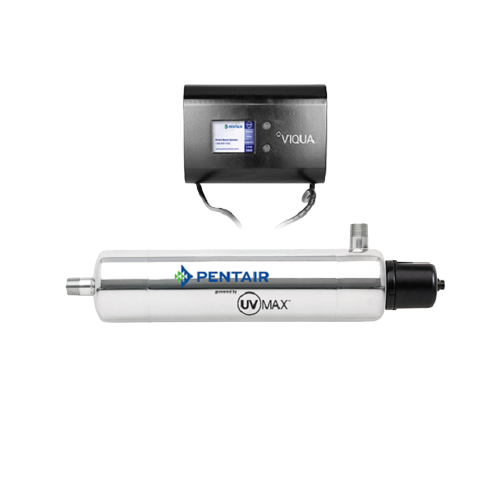
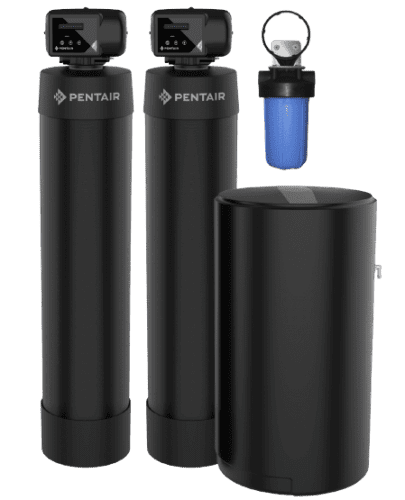
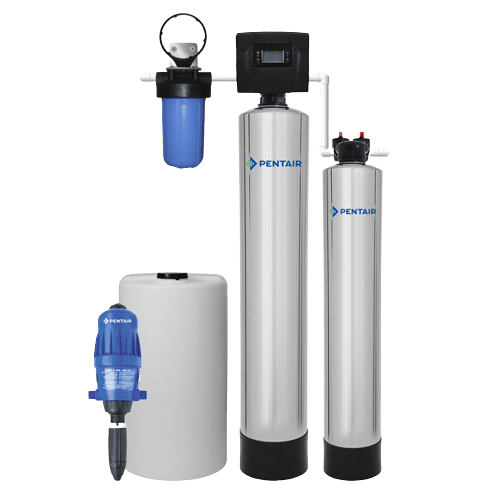
3)Consider Installing the right treatment
Depending on your water analysis, the specialist can recommend the right treatment, such as installing carbon filters, disinfection units, chlorination systems, UV systems, Water softeners, Whole house filtration,…etc. Smell.
There are also reverse osmosis and whole-house water filtration systems, among others, that can help treat bad smells in water and keep your water clean. Check out our Orlando Water Treatment services to make your water odorless, cleaner, and safer for your family.
Call Us Today! +1 844 433 4455







